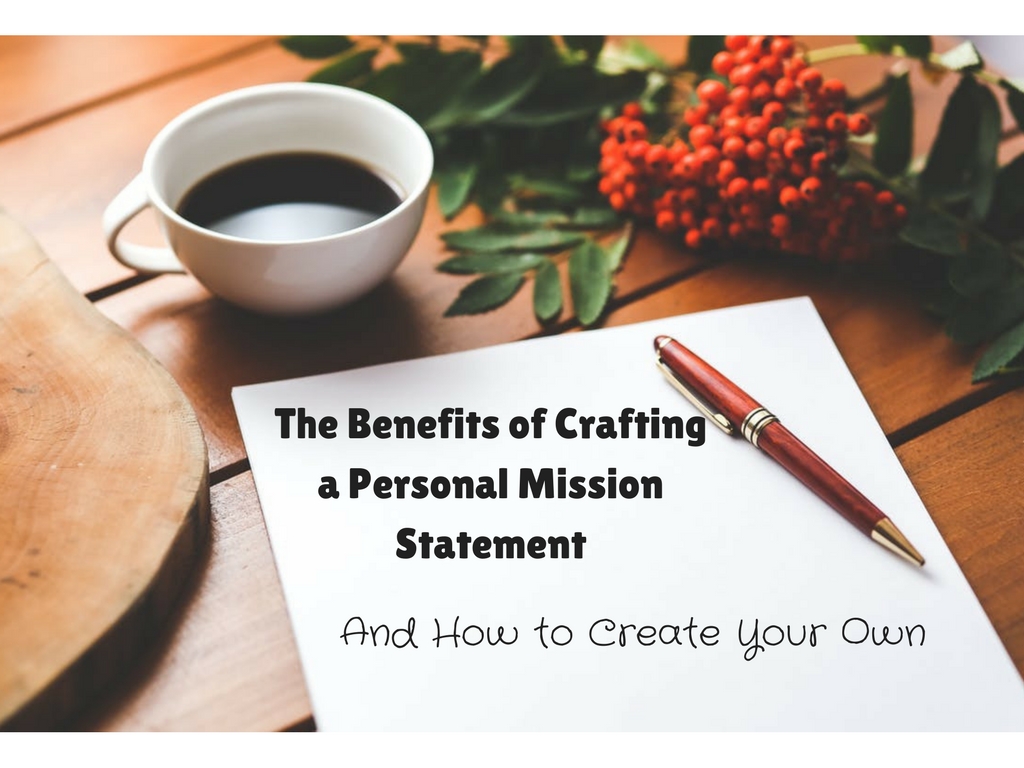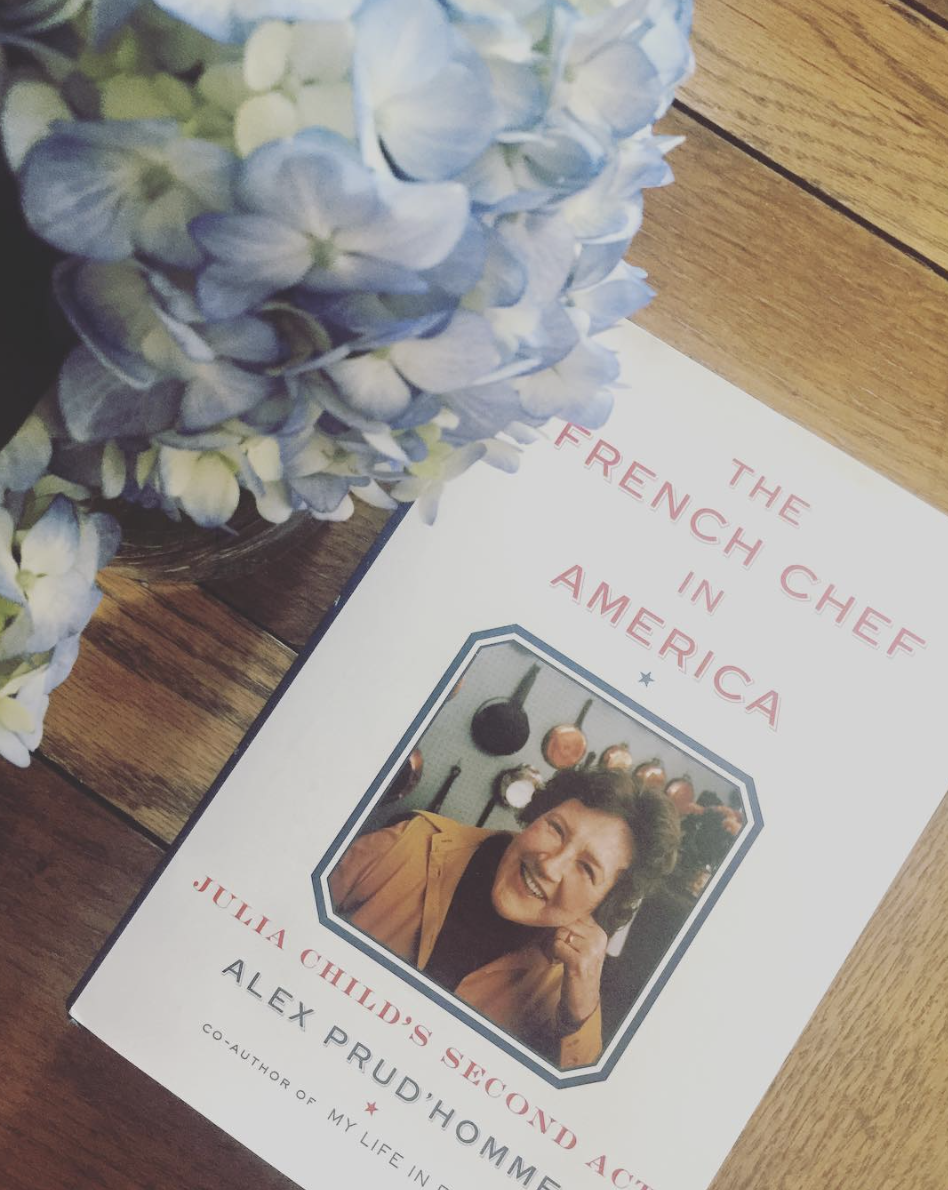Mon, 25 September 2017
~The Simple Sophisticate, episode #176~Subscribe to The Simple Sophisticate: iTunes | Stitcher | iHeartRadio" . . . bring women to the front of their own stories, and make them the hero of their own stories." —Reese Witherspoon at the 69th Primetime Emmy Awards~Spoiler Alert: The ending of Hallie Meyers-Shyer's new film Home Again will be shared. The power of a Hollywood script which makes it to the silver screen as well as to the small screen, better known as our television sets, is unconsciously more powerful than most viewers realize, especially younger viewers unaware of the biases, exigence and purpose of the writers and creators as well as the producers. Novels as well must be sold to a publishing house, and if the publishers do not believe they will be able to sell the plot to readers, the manuscript isn't accepted. In other words what determines the plots that will eventually be published, produced and brought to consumers is what will sell. But the obvious flip-side is we need to become savvier consumers of entertainment. The good news is producers will listen to noticeable shifts. For example, in 2016 movie ticket sales indicated that the largest growth in sales was taking place with Latino moviegoers, as a result (or possibly, due to) films began offering more diversity in their casting than in previous years. I share this example because when Reese Witherspoon accepted the Emmy with the ensemble for Big Little Lies last weekend (she starred and was an executive producer of all seven episodes), I had to give her credit. She lives what she desires to be brought to the forefront in Hollywood films and series: women being the heroes in their own stories. For example, she started her own production company Pacific Standard with Australian producer Bruna Papandrea (Wild & Gone Girl), branched out on her own with Hello Sunshine, a digital media company, and is bringing to the screen a few titles you might recognize Eleanor Oliphant Is Completely Fine and Something in the Water. And as I shared in episode #174 of the podcast in my review of Home Again, a film produced by Nancy Meyers and written and directed by her daughter Hallie Meyers-Shyer, it was the ending of the movie which again revealed that Reese is indeed serious about changing the default in Hollywood that is long over-due for a change. Home Again, as she describes it in a recent interview with The New York Times, isn't a romantic comedy, but rather a modern comedy. A comedy in which, in this case, a woman becomes the hero of her own story. She doesn't end up with a man who saves her from a supposed life that is empty without one, rather her character Alice Witherspoon chooses to divorce her husband (not because he cheated and not because he was abusive) because their ways of living life, of making the most of the one journey they have the opportunity to live, had strayed into two completely different directions. The love, the fondness was there, but it had changed. Her character sets boundaries, enjoys herself, supports her daughters, chases her dreams and creates a life of everyday moments that she savors on her own terms, not Hollywood's (well, in this case, yes, technically it is Hollywood, but she is now a part of Hollywood and so is Meyers-Shyer and they are changing what the definition of a happy ending). Recently a good friend of mine who is nearing forty (as am I) shared that all was well in her life except the missing piece - a man. And having just stepping out of a relationship, that I can honestly say I wasn't looking for but was delighted to have been in, a good life is determined by one and only one person, the person living it. I continue to urge readers and listeners to fall in love with their lives, to cultivate a life you enjoy living regardless of your relationship status because whether you are in a relationship or not, your issues, the hiccups you haven't dealt with, will continue to bubble up, the stresses you haven't figured out how to handle, will continue to exacerbate and hinder your ability to savor the everyday goodness and the relationship skills you still need to polish will continue to seek your attention until you heed them whether in a relationship with a lover or a friend. I am not saying being loved and sharing love isn't an extraordinary experience. It absolutely is, but believing that our hero is someone other than ourselves to assuage the conjured up emptiness is a lie that we have accepted (man or woman), and depending upon the known or unknown perpetuators of this life story line (Hollywood, novels, parents, church, school, etc.) we need to relinquish its/their “how life should unfold” belief from our mind. Because I wholeheartedly not only believe, but can say to know as truth, everyday can be truly breath-taking with or without a partner. And the key is to be the hero of your own story. How?
"Once we belong thoroughly to ourselves and believe throughly in ourselves, true belonging is ours." —Brené Brown, from Braving the Wilderness I want to end with mentioning of Brené Brown's new book because her book is a reminder of what type of courage is needed to be the hero of our own story. Stepping away from the city or place of comfort that is not serving us and toward the wilderness is terrifying initially, but as we step away from seeking the approval of others and head in the direction of the wilderness, the "first step will take your breath away". And as writer, pastor, philanthropist and community leader Jen Hatmaker is quoted saying in the book, the loneliest steps are the in between, but if you "stay the course long enough to actually tunnel into the wilderness . . . you'll be shocked by how many people already live out there —thriving, dancing, creating, celebrating, belonging." Ultimately, if we can all just remember and live each day, who we are and what we can give to the world is our gift. "True belonging doesn't require you to change who you are; it requires you to be who you are."
~Braving the Wilderness: The Quest for True Belonging and the Courage to Stand Alone by Brené Brown~ ~SIMILAR POSTS YOU MAY ENJOY FROM THE ARCHIVES: ~Why Not . . . Be Brave? (episode #83) ~A Powerful Couple: Boundaries & Vulnerability (episode #126) ~Growth is a Choice: 11 Ways to Grow Up (episode #101) Petit Plaisir:~French melon, Charentais, with paper-thin slices of prosciutto, sprinkled with a dash of flaky sea salt.~click here for more pictures and details about the melon and the recipe.
~The sponsor for today's episode was KIND Bars. Visit kindsnacks.com/tss to receive an exclusive free trial of their 10 bar variety pack and snack club (all you pay is shipping). SaveSaveSaveSaveDownload the Episode |
Mon, 18 September 2017
~The Simple Sophisticate, episode #175~Subscribe to The Simple Sophisticate: iTunes | Stitcher | iHeartRadio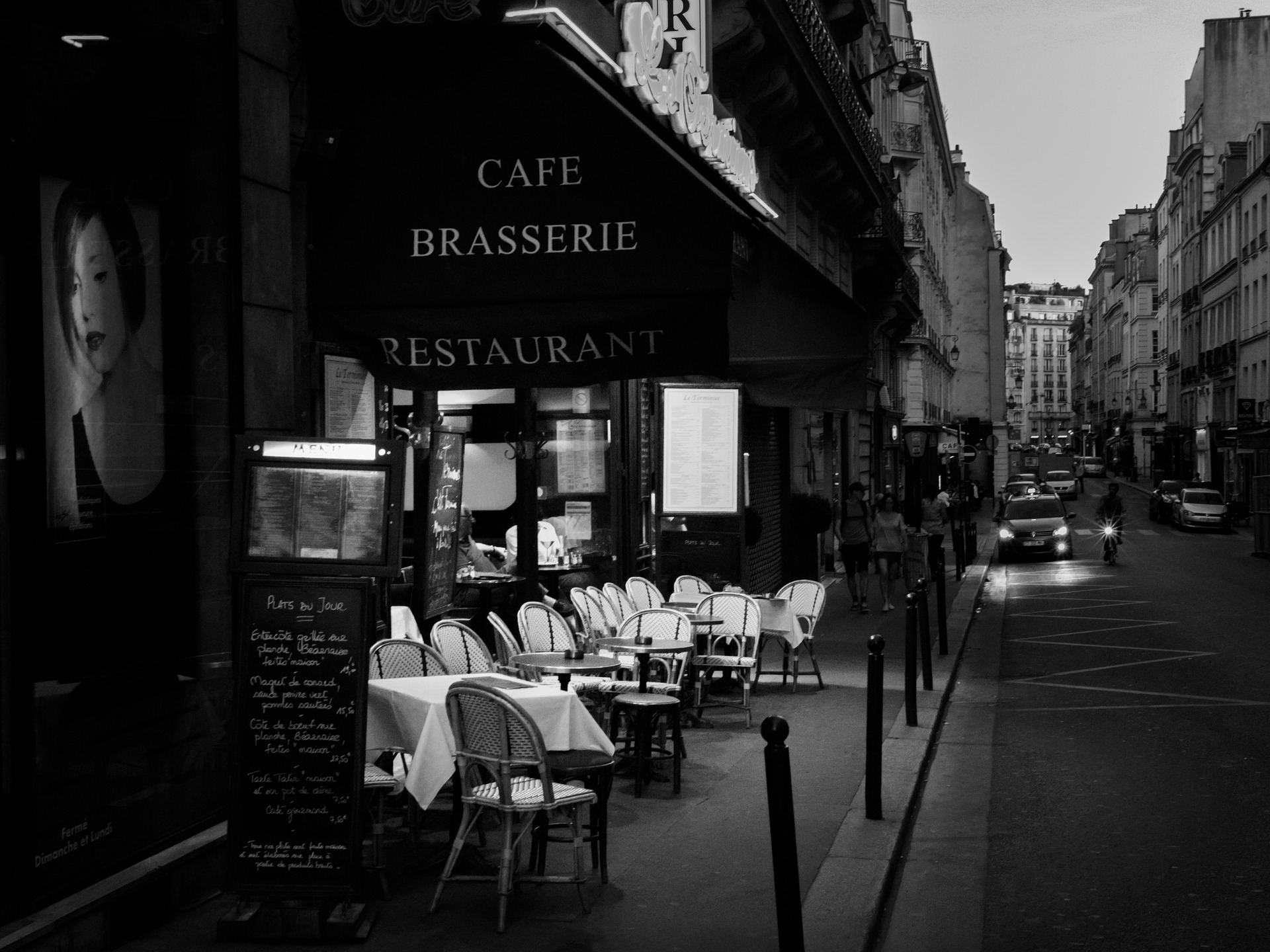 "How you eat, when you eat, for how long you eat, and with whom you eat might be more important than what you eat. Eating and enjoying real food is what matters, not tracking calories." —Johnny AdamicAs reported by Time magazine last year, while the United States unfortunately has been found to describe 34% of its population as obese, France is ten percentage points fewer. The British Journal of Nutrition observed that a significant type of diet that was contributing to the obesity epidemic in the U.S. was what they coined as the "sweet and processed" diet, in other words foods such as "skim milk, fruit juice, breakfast cereal, chocolates . . ." Much of how we approach food is based on the culture in which we were raised and most directly, the household habits in which we live as a child. However, the food producers and advertisers, especially in America (as you will see below) chose to exploit the health of their consumer in order to gain profits, and thus our parents or grandparents may have fell prey to welcoming into our childhood unhealthy food tastes. As shared in The Guardian, "All the foods that you regularly eat are ones you learned to eat" and the good news is since your choices were learned, you can learn new choices and unlearn the habits that do not suit a healthy body, mind and lifestyle. I was recently speaking to a family who had just returned from a month long visit in Italy. Sitting down to listen to them share their experiences with regards to dining and the appreciation for food and the portions served reminded me of why I appreciate the French, and as evident in their anecdote, the Italian culture as well. Food is to be appreciated, embraced and seen as a component in how to live well. While food may not be the absolute centerpiece of our lives, it is indeed a crucial component and to ignore such an everyday avenue to experience pleasure in the short-term and a healthy long life throughout the duration of our long lives is to be ignorant of the gift food can bring. Today I'd like to share with you 14 ways the French approach eating and welcoming food into their lives as a way to enrich each of our appreciation and experience with the daily detail we all balance, experience and need.1. Step away from sugar at breakfastAs a child I can remember having boxes of cereal in one of our kitchen shelves; however, my mom was careful to limit us to Cheerios and Shredded Wheat. I quickly became aware of the more sugar laden options when staying at friends homes for sleep-overs and so when my mom would on special occasions let us purchase a sugary option, it was always Frosted Flakes. But I do applaud my mom for being cognizant of the sugar content in our morning routine. Since then, I eat the same breakfast nearly each morning as I shared in this post and the only sweet component is the local honey which is why I found it eye-opening that as shared in Michael Moss's book Salt, Sugar, Fat "the sweet breakfast was an invention of the cereal manufacturers in the middle of the last century". With each year I teach rhetoric to my high school juniors, the more and more parallels I see to not only determining the intention of writers, speakers, and advertisers, but in companies as well. In the case mentioned above, why are those breakfast cereal ads propositioning kids rather than parents? Perhaps because a savvy parent realizes what a child should be eating. My larger point is, rather than make choices of what advertisers would like to sell you or what is the trend in the food world, come to understand what your body needs. Healthy can absolutely make you happy, not artificially so as a sugary cereal will for a short moment and then leave you high and dry before the day has hardly begun.2. Mind your portionsRecently I reviewed the newly established French Market here in Bend, and one of the reasons I enjoyed my experience as well as the owner and chef's approach to food was the smaller portion sizes. Each time I have dined there, my plate has been cleaned as if the chef knew exactly how much I needed to satiate my palate due to the delectable flavors. Ironically, the local newspaper just shared their review of the restaurant and one of the negatives they shared in their commentary was the small portions. Needless to say, I wholeheartedly disagree. Part of the reason portion sizes have grown in the United States is the food we eat doesn't truly satiate our palate. If food is fresh, well-cooked, seasoned well with herbs and spices as well as salt and pepper (before, not after it is cooked), as well as not smothered in sugary sauces or tasty, yet teasing fried batter, we don't need as much. And neither do we need doggie bags. Géraldine Lepere shared in her interview on the podcast (episode #169) that the need for a doggie bag is a poor reflection on the planning of the kitchen. In other words, when you come to a restaurant for dinner, you are coming for one meal, not dinner and lunch tomorrow, and so the goal is to give you what you need to feel satisfied and satiated in that moment, and no more. As well, the bottom-line of the restaurant is better able to invest in quality ingredients that will satiate their customer's taste buds rather than in cheap processed ingredients.3. Welcome traditions that workWhile not all traditions are worth keeping (ahem, look to #1 - walk away from the sugary cereals), some most definitely are when it comes to food. For example tea and a small treat (savory or sweet) in the afternoon if you are in England, and eating a large lunch rather than a large dinner as is more commonly practiced in France. Why? In each scenario, the body's needs are heeded without going to excess. As well, each tradition involves sitting down, savoring and fully experiencing the food and the company.4. Mindfully eatThe habit of being aware of what you are eating, savoring the flavors and the preparation enables you to notice when food is indeed delicious and when it is not (stop eating in such cases). As well, being mindful helps to slow down the eating process and allow time for your physiology to recognize when the body is naturally full.5. Food is the common denominator not the main attraction"For France, a meal is a very particular moment, in which you share pleasure, the food as well as the conversation." —nutritionist Dr Francoise L'Hermite While indeed food is an art of its own in France, it is not the reason alone you sit down to enjoy the combination of flavors and seasonal ingredients. Rather the food enlivens the celebration and the moment of time spent with friends, family and even strangers depending upon the situation. In so many ways, food is the common ground regardless of culture, belief or age, and what a powerful common denominator to spark conversation and help recognize that we have more in common than not.6. Select quality again and again and again"They know that quality food means pleasure in the short-term and health in the long-term." via Empowered Sustenance Flavor matters. If you taste a fresh locally grown strawberry that has been sun kissed by the warm summer heat, you don't gobble down the entire garden's worth. Rather you share and perhaps make a tart or a short-cake or a parfait to heighten the appreciation and share with those around you. When food is top quality, we don't need much of it. And when the quality has been selected, we want to slow down and savor it, reminding our bodies to slow down as well.7. Lose the negative descriptors of delicious foodGuilty pleasures, sinful bites, naughty concoctions. To label food in such a way is to lessen the moment of pleasure we can have when we take the first bite of dark chocolate mousse. Last month I had the opportunity to have dinner at the French restaurant in Portland I have fallen in love with, Coquine. After a lovely, seasonally perfected three course meal, upon paying our bill and to be enjoyed as we returned to our Airbnb, we received a hot-out-of-the-oven chocolate chip cookie with smoked almonds rolled in caramel and finished with sea salt (here's the recipe). I did not feel once ounce of guilt. I ate that cookie so slowly, with eyes closed and chocolate melting on my fingers that in that moment great pleasure was indeed experienced. The difference is quantity, and again, proportion plays a role. A savvy chef will make food for people, real humans who have a waistline and wish to keep it, but at the same time also want to taste delicious food. In other words, the piece of chocolate at night will not ruin your diet. In fact, if it is quality chocolate (preferably dark), with 60% or more cacao, it will help your overall health. Eat away (just one though, but that is all your tastebuds will want).8. Take your timeEating while you drive, while you walk, while you work, while you do anything else besides talking with your dinner companions prevents not only the opportunity to be mindful of what you are eating but also the ability for your body to recognize when it is full. Again food is a significant component in our lives as we cultivate a way of life that is full of quality and appreciation and beautiful moments. And while food isn't the center, it shouldn't be looked at as a boorish necessity to fuel us.9. Prepare real food, eschew processed and invented foodsAnother difference in the French approach to eating versus American and even English cultures is how often we cook our own meals. When we make our own meals, we are aware of what we are eating. And when we are aware of what we are eating, we can choose to cook with food that will heighten the quality of our life rather than inundate us with, for example, constant additions of sugar. As my palette matures and I begin to seek out natural flavors and appreciation of seasonal produce, I find myself noticing sugar in food that has no need for it such as thus choosing to refrain from eating it or seeking out more healthy options (such as Portlandia Foods' organic ketchup).10. Make the visit to the market an enjoyable ritualOne of my bi-weekly routines is visiting the farmers market (when the seasons permit) and my favorite grocery stores (seen below is my visit last week to Trader Joe's - flowers are always on my list). I truly enjoy bopping into the store with my canvas bag with my list in tow and being part of the community experience of choosing food to fuel my life and savor each day. Such a concept may at first sound frivolous, but we don't enjoy our everyday routines, what are we enjoying? Life is made up of countless conscious and unconscious routines. Why not make as many as you can as enjoyable as you can?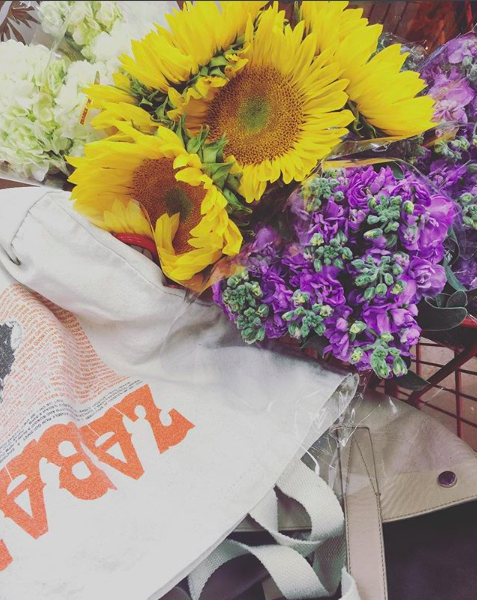 11. Good fat is good for youYes, many have questioned the French Paradox (eat seemingly food such as cheese, chocolate and drink wine, yet still stay healthy and thin), but while their obesity rate has inched up due to outside influences (namely the United States' marketing campaigns for processed foods), they continue to eat differently by and large. In fact, 89% of the 2600 French people studied in the British Journal of Nutrition reported eating full fat cheeses. Why? Satiation occurs and the boy seeks out less food to feel full. As shared by Lisa Sasson, a clinical assistant professor of nutrition at New York University’s Department of Nutrition, Food Studies, and Public Health and a registered dietitian, is “The magic of the French diet, for example, is they still eat whole foods and eat more vegetables than we do. Yes, real food. Not fat free cheese.”12. Keep it simple and eat the basics, just keep it realI was recently listening to an episode of Christopher Kimball's Milk Street Kitchen, and a great piece of advice was shared about how to learn how to cook well: Master 10-15 recipes you love and learn them by heart. I do agree with this piece of advice, and I also have found that if you master the basic concepts of fundamental recipes (how to create the aromatics for a savory dish, how to roast vegetables, how to make pesto, how to create a basic sauce, etc.) you can then play with these skills and use the ingredients you have on any given day. Part of the reason I made this list for TSLL Épicerie (episode #109) was so long as you have these ingredients on hand at all times, you will be able to make any basic recipe at any given time, regardless of the season (all you have to do is add the freshest seasonal ingredients you find at the market). Knowing how to cook a simple chicken breast so that it is flavorful and moist is a dish you can make again and again and again, changing the flavors up each time and pairing with the freshest vegetable in season.13. Enjoy wine as a partner to elevate the meal14. Feeling hungry is not bad for youLast but not least, the French do not snack (unless you are a child and then after school at around 3 or 4 the children enjoy their le gouter). Allowing yourself to feel hungry, not starving, not famished so as to be fatigued, but hungry is a good sign. In fact, when I wake up in the morning, I hope I do feel hungry as it means my body is ready to eat rather than just eat because it is time to enjoy petit déjeuner. How can you ensure you won't become hungry too soon? Eat well when you do sit down for your meals. Eat well-balanced, yet satiating food. Enjoy eating, take your time and be aware of what you are eating and let go of feeling guilting about eating. An important part of the process of developing eating habits that work for us and feed our bodies well is to pay attention to how the food we eat makes us feel. Case in point, at Coquine, with a brioche shrimp toast as an appetizer, poached Monterey Bay squid and Black Cod (two dishes for two people) for the entrées and Benne Seed Pavlova for dessert, I wasn't full, but I was absolutely satisfied (and the cookie to enjoy on the walk home, as mentioned above, added a sweet punctuation of deliciousness to finish the night). The flavors were thoughtful, and the evening was memorable due to the company, the ambiance of decor and fellow guests as well as the knowledgable the wait-staff.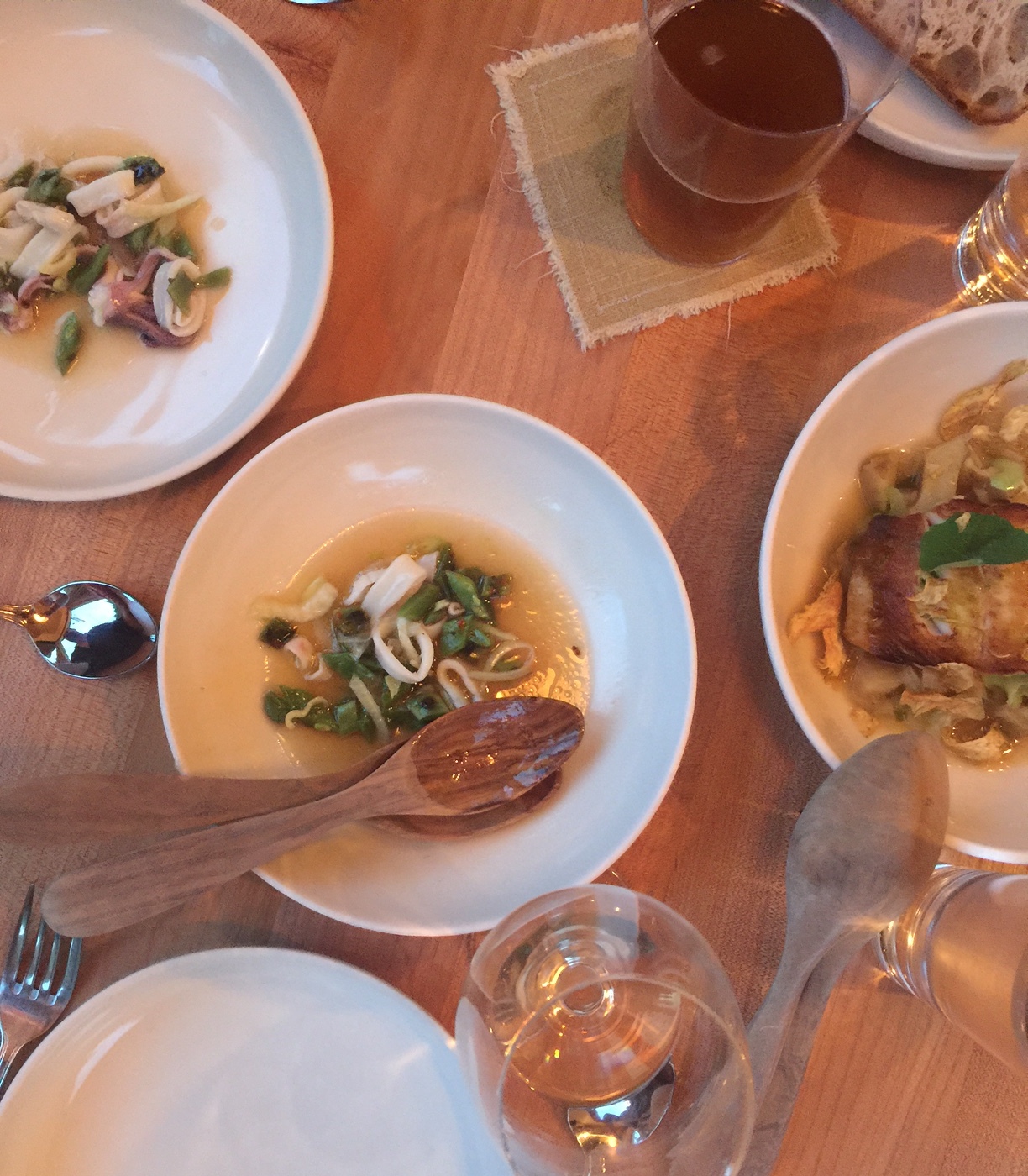 ~the entrées at Coquine, as described in the above text~ Fearing food is to fear life. Food is what gives us life or if thoughtlessly approached, is what can shorten our lives. Why not discover the basic tenets of good eating (see below for posts to get you started or to reaffirm what you already know) and come to understand the simply luxurious approach to food which is inspired by the French: quality over quantity and never deprivation, only moderation. ~SIMILAR POSTS YOU MIGHT ENJOY:~Why Not . . . Learn How to Cook? ~Why Not . . . Feed Your Body Well? ~Why Not . . . Keep It Simple in the Kitchen? ~10 Simple Ways to Live Healthier Petit Plaisir:~The Earful Tower podcast ~Read or Listen to past French-Inspired podcast episodes of The Simple Sophisticate below: ~Episode #4 - 10 Ways to Unearth Your Inner Francophile ~Episode #32 - The Francophile's Style Guide: The 14 Essentials ~Episode #144 - 20 Ways to Incorporate Your Love for the French Culture into Your Everyday Routine ~Episode #157 - Liz Burgerol of The Hot Sardines shares her thoughts on the differences between the French and American cultures SaveSave SaveSaveSaveSaveSaveSaveSaveSaveSaveSaveSaveSaveSaveSaveSaveSaveSaveSaveSaveSaveSaveSaveSaveSaveSaveSaveSaveSave SaveSave Download the Episode Download the Episode ~Read or Listen to past French-Inspired podcast episodes of The Simple Sophisticate below: ~Episode #4 - 10 Ways to Unearth Your Inner Francophile ~Episode #32 - The Francophile's Style Guide: The 14 Essentials ~Episode #144 - 20 Ways to Incorporate Your Love for the French Culture into Your Everyday Routine ~Episode #157 - Liz Burgerol of The Hot Sardines shares her thoughts on the differences between the French and American cultures SaveSave SaveSaveSaveSaveSaveSaveSaveSaveSaveSaveSaveSaveSaveSaveSaveSaveSaveSaveSaveSaveSaveSaveSaveSaveSaveSaveSaveSave SaveSave Download the Episode Download the Episode
|
Mon, 11 September 2017
~The Simple Sophisticate, episode #174~Subscribe to The Simple Sophisticate: iTunes | Stitcher | iHeartRadio
"Associate yourself with people of good quality, for it is better to be alone than in bad company." —Booker T. Washington The benefits are many when we choose to welcome quality into our lives in all arenas of our life. Such benefits can be as grand as achieving one of the highest pinnacles in the tennis profession as Sloane Stephens or they can be as simple as keeping all of your fingers in tact. Let's take a look at twelve benefits of seeking out and selecting quality in all aspects of our daily life. 1. All fingers remain in tactAs I mentioned above, it only takes the use of an unsharpened or poor quality knife to appreciate a top-knotch slicing and dicing tool. As I shared in this post about the 15 Kitchen Tools to Cook Anything Like a Pro, a sharp, top quality knife is a must. Do not skimp and save on a knife for the sake of having a knife in your kitchen. Your fingers will thank you. 2. Priceless time is savedCase in point, I give myself my own pedicure every couple of weeks. Using the nail polish remover from a quality brand, the polish is immediately removed. Having, while traveling, used a generic brand, the time it took to remove the polish was absurd. As I flip over the container to see what the main ingredients are, I discover that the ingredient at the top of list was water. Well, no wonder. I just used a product that was doing nearly the job that running my toenails under water would do - nothing. My experience is trivial compared to so many other purchases we make that appear to be saving us money, but in the long run waste our time and effectiveness. In this case, simply paying a few dollars more would have saved me time, wear and tear on my nails and limited my frustration. While not all generic brands are inferior, always check the label to see what the ingredients are to determine if you are indeed buying a similar product. “There is scarcely anything in the world that some man cannot make a little worse, and sell a little more cheaply. The person who buys on price alone is this man's lawful prey.” ― John Ruskin 3. Unnecessary stress is avoidedWhen we choose quality products for safety supplies, the vehicles we drive, the homes we live in, the neighborhoods we call home, the flight itineraries we travel, the stress decreases. While it may not entirely go away and while we need to make the best choices for the details of which we have control, we put much in our favor by choosing well and not skimping merely to save a dollar. 4. Deeper, more restful sleep is experiencedWhen we do what is best, when we refrain from doing what is merely easy, we give ourselves the ability to sleep more deeply. When our minds are not wrestling with unnecessary stress and worry, we sleep more deeply. 5. Experience the vast wonders of the world more deeplyWhen we seek out experiences of substance, people of substance and tools and knowledge to help us better understand beyond the surface level what is going on in the world, what went on in the world and what could go on in the world, we give ourselves the gift of deeper, more fulfilling experiences, memories and opportunities for self-growth and self-reflection. 6. Reach your full potentialWe can settle for what is working okay, what is livable, what is just fine, but if we have a deep passion for something, if we can see something others cannot when it comes to possibilities, a quality of life that is possible requires us to not simply be satisfied with what others say is our limitation. We are actually the only limitation that stands in our way, and often when others tell us to stop, we use it as an excuse. We blame someone else for stopping us from achieving what we once thought we could. No. Remember Sloane Stephens and her mother, and if you believe you can do more, be more, ignore the limitation setters and keep on striving forward in order to see with your own eyes what you truly can become. 7. Deepen your trust in mankindIt has been my experience that when I bring into my life quality individuals, my trust in humanity deepens. I begin to see the amazing people who live and breathe in this world along with me and realize we are all, should we choose to be, full of love, dreams and goodness. It can seem simpler to choose to be cynical, protective and isolated after having experienced negative situations, but not all people wish to hurt. In fact, even those who have hurt are not bad people oftentimes. As Morrie Schwartz reminds, hurt people hurt people. Understanding this truth doesn't mean you should stay or surround yourself with hurt people who hurt you, but hopefully it will give you some understanding that it isn't about you and you need to walk away and surround yourself with one or two or three of the many amazingly loving, kind and trustworthy people who reside in our grand old world, thus improving the quality of your life. 8. The odds lean in your favorSimilarly when you choose to seek out quality and let go of the contrary, windows and then gradually doors begin to open in your favor. What you seek you find, often in ways you never could have planned, but if you believe there is good, if you trust that goodness abounds, you will find it, just as those who believe that people are not good and the world cannot be trusted will find it as well. So long as we have more people seeking the former, the goodness grows. Seek out goodness, be goodness and select a quality way of living modeling for others that such a way of life is indeed possible. 9. Optimal healthFrom the quality food we select, eating what is in season, reducing or eliminating processed foods, treating our bodies well, we amp up the healthy quotient in our lives and deepened the experiences we can have indoors, outdoors and everywhere in between. "We eat every day, and if we do it in a way that doesn't recognize value, it's contributing to the destruction of our culture and of agriculture. But if it's done with a focus and care, it can be a wonderful thing. It changes the quality of your life." —Alice Waters 10. Elevate others around youRelated to #8, when we model living a life of quality, letting go of the negativity, hurtful ideologies, the isolationist mentality and nay-sayers, we reveal to those around us that choosing such a way of life, a life of optimism, hope, love and strength is indeed the means to living a most contented life. Sight is stronger than words, modeling is stronger than telling and when we have the courage to say no to what no longer feeds us, loves us, nurtures us, and step down a new path that we may not know how to travel well but that feels more accepting, more loving and more authentic and human, we will begin to see ourselves rise, our moods improve, our health improve, and thus the quality of our lives improve. That is inspiring to anyone paying attention, and that is what it takes to elevate those around you. 11. A mind available to be creative, loving and problem solving.When we no longer are consumed with unnecessary worry if what we've paid for or invested in works or if the people we've chosen to welcome into our lives are trustworthy, we have a mind that is free to explore exciting new avenues. From being creative, to problem solving what may have seemed impossible to coming up with fun ways to spend time with your loved ones, our minds are in need of constant fuel to be energized, why drain it with what it doesn't need to process? “The quality of your life is a function of the quality of the thinking you have done.” ― Pearl Zhu 12. Elevate the world you live inTaking in the above 11 benefits, as our lives rise because our everydays become healthy, inspiring, and pointed in a direction that enables us to reach our full potential, those around us rise as well and ultimately, it can be a domino effect. None of us will probably ever know all of the people we can influence with our actions. Why not make the influence a positive one? One of selecting quality thoughts, behaviors, and people. Because when we reward what we desire and long for, we will begin to see more of it. However, if we spend more time dwelling on what we do not want, we actually give it more bandwidth that it deserves. "Eventually everything connects - people, ideas, objects. The quality of the connections is the key to quality per se." —Charles Eames Instead of dreading how long your life will be, why no focus on making sure that everyday day is one full of quality. For it is "the quality of life [that] is more important than life itself". Alexis Carrel certainly has a point. If we are living but not well, just enduring, protecting and hoping we don't get hurt, worrying about what might happen and not being present, appreciating all that is well, such a life is not much fun to live. And the catch really is, if someone has only know the latter life, they may have a hard time trusting the former is a possibility. But it is. It most absolutely is. And when they see someone model that fact, that is when they may just begin to make the positive changes of living a life of quality. Why not be the model they've been looking for? The model the world has been looking for? The model you need in your life today and as you move forward each and every day? ~SIMILAR POSTS FROM THE ARCHIVES YOU MIGHT ENJOY: ~Why Not . . . Elevate the Quality of What You Consume? ~Why Not . . . Purchase Quality Worth the High Price Tag? ~Why Not . . . Live a Life of Quality?
Petit Plaisir:~Home Again
~My review of The Intern (written & directed by Nancy Meyers), episode #63 |
Mon, 4 September 2017
~The Simple Sophisticate, episode #173~Subscribe to The Simple Sophisticate: iTunes | Stitcher | iHeartRadio
“To be a teacher. And to be known for inspiring my students to be more than they thought they could be.” —Oprah Winfrey's mission statementThe first time I sat down to write my personal mission statement after reading Stephen Covey's The 7 Habits of Highly Effective People, it took some time. I was in my early twenties, and while I had what I thought was a very clear vision, when I had to put it on paper, concretely define my values, I realized this wasn't something I had done. Loosely I knew what I valued, but I had never examined why; however, upon tasking myself with the goal of completing a mission statement, I reread and reread what I wrote observing a succinct, pointed direction I was to travel. After about 10 years, I began to tweak and fine-tune even further what my personal mission statement, and when TSLL blog began in 2009, it wasn't long before I had a mission statement for it as well (see it below or here) The Simply Luxurious Life is something I believe every one of us can attain if indeed we are seeking quality rather than quantity, sensibility rather than frivolity, personal style instead of trendy fashion and a truly fulfilling life instead of being led around by the nose, thereby creating a life of true contentment." The benefit of having a personal as well as professional mission statement is a means to clarify your purpose for walking the path, traveling the journey, you are on. In last week's episode, in point #5, I shared a list of questions as a way to help ensure we know why we are doing what we are doing. When it comes to a mission statement, we are required to become aware of what we value and what we do not. Franklin-Covey has an online tool to help you clearly and quite specifically narrow down what you do and do not value. I encourage you to check it out as it will help you create a mission statement to guide you through your days, focus on what truly drives you through life and help you relinquish what is no longer serving you and ultimately society's way of leading you around by the nose. Another source of inspiration is Gretchen Rubin of The Happiness Project. Described as a Happiness Manifesto, the concept is similar, yet slightly different with regards to a personal mission statement. However the goal is to lead you to your true contentment which is exactly what creating your mission statement will do. How? By keeping you on the right track, assisting in making decisions by eliminating options that do not align with what you value, creating a vision and providing an anchor when change around you inevitably happens. Crafting my own personal mission statement is something I have just recently redone as a new stage feels like it is beginning. As I reflect on where I want to go, knowing how I arrived at where I am is helpful as well. So where do we begin? Begin simply. 1. Clarity about what you welcome into your life: What do you value? What do you not value? 2. Self-knowledge: When do you feel at your best? your worst? What are your strengths? What causes you pain? 3. Work: What aspects/tasks/responsibilities do you love? dislike? 4. Behavior: What behavior are you drawn to and most admire and appreciate in others? What behavior are you most proud of in yourself? 5. Dreams for the future: What do you hope your legacy will be? What is the biggest, most frequent dream you have about your life that refuses to leave your mind? 6. Well-Being: What physical, mental, social and spiritual activities renew, refresh and return you to your best? Key components:
One of the most significant take-aways for me when I began with the structure provided by Franklin-Covey, but then tweaked it after reading Gretchen Rubin's design was to be okay with not achieving everything. Why? What I realized was that much of what I wanted to achieve was because I thought I had to. In other words, there were some goals I was focused on that I wasn't passionate about but perhaps would be applauded by the outside world. One suggestion Rubin makes is to focus on what you do well and strengthen your talents rather than dilute the finite energy you have as you spread yourself thin to learn every skill you have the opportunity to acquire. One of the directives in my mission statement is included in Rubin's statement as well and states, "Do more of what I can do uniquely and less of what others can do." Ultimately, that is the power of a mission statement: It focuses your attention on what you can do well and enables you to reach your fullest potential and experience true contentment as you realize what you are capable of achieving. Find an afternoon at some point this week or weekend and partake in the process of creating your own mission statement. Initially it may be a struggle, but eventually, the clarity will arrive and you will be quickly writing down what you know to be true for you and you uniquely. Then write it out neatly after a few edits or days of contemplation and perhaps, if you're like me, laminate it and post it somewhere to be viewed regularly (mine is in my office pinned to my wall calendar). What you will have crafted is in written form your purpose. Should you forget, should life begin to whisk by too quickly, find a moment to catch your breath, read your mission statement and be reminded of what truly matters to you. In many ways our mission statement gives us permission to let go or to step in a direction that may not make sense to others at the time. But so long as you know why you are doing what you are doing, do what you need to do. ~SIMILAR POSTS FROM THE ARCHIVES YOU MIGHT ENJOY: ~Why Not . . . Find Your Purpose? ~Why Not . . . Discover Your Purpose? (3 part series)
Petit Plaisir:~The French Chef in America: Julia Child's Second Act by Alex Prud'homme~Image shared originally on TSLL's Instagram~ SaveSave |
The Simple Sophisticate - Intelligent Living Paired with Signature Style

Categories
lifestylemoney
fashion
general
food
relationships
beauty
holidays
style
decor
etiquette
technology
dating
clothing
news
happiness
health
finances
self-help
feminism
french living
communication
inspiration
self-improvement
cooking
French-inspired
podcast
travel
entertaining
Archives
AprilMarch
February
January
December
November
October
September
August
July
June
May
April
March
February
January
December
November
October
September
August
July
June
May
April
March
February
January
December
November
October
September
August
June
May
April
March
February
January
December
November
October
September
August
July
June
May
April
March
February
January
December
November
October
September
August
July
June
May
March
February
January
December
November
October
September
August
July
June
May
April
March
February
January
December
November
October
September
August
July
June
May
April
March
February
January
December
November
October
September
August
July
June
May
April
March
February
January
December
November
October
September
August
July
June
May
April
March
February
January
December
November
October
September
August
| S | M | T | W | T | F | S |
|---|---|---|---|---|---|---|
| 1 | 2 | |||||
| 3 | 4 | 5 | 6 | 7 | 8 | 9 |
| 10 | 11 | 12 | 13 | 14 | 15 | 16 |
| 17 | 18 | 19 | 20 | 21 | 22 | 23 |
| 24 | 25 | 26 | 27 | 28 | 29 | 30 |
Syndication

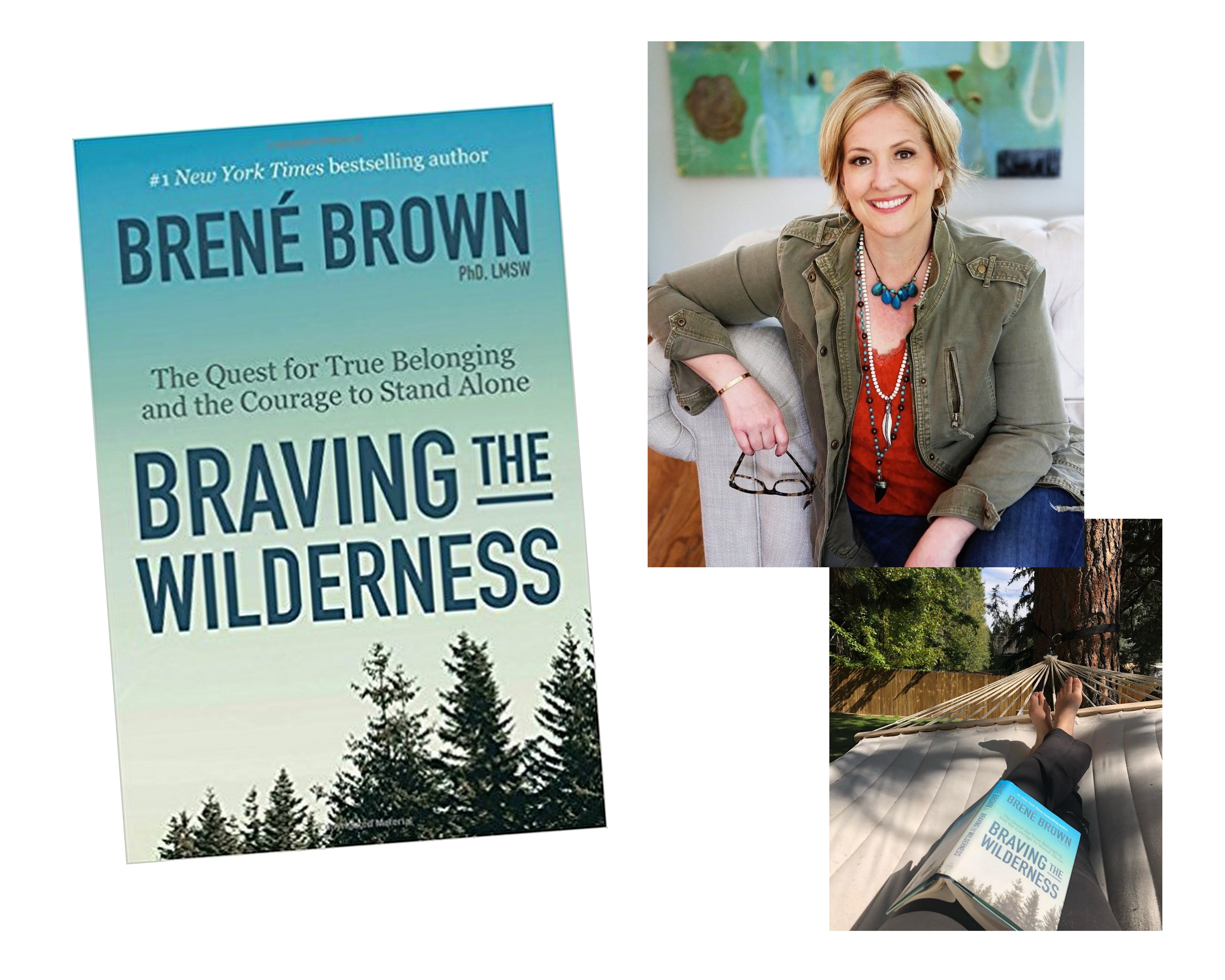
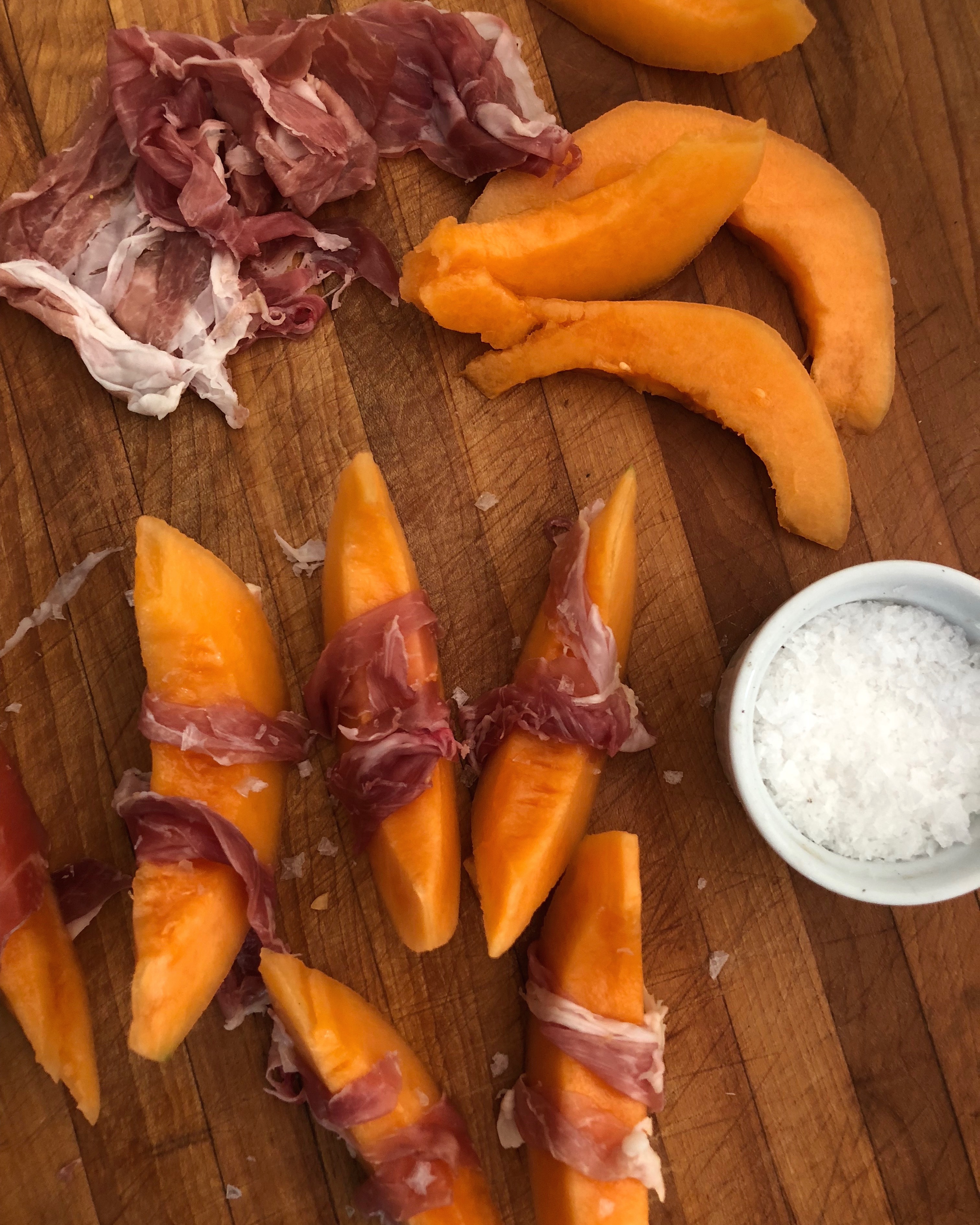

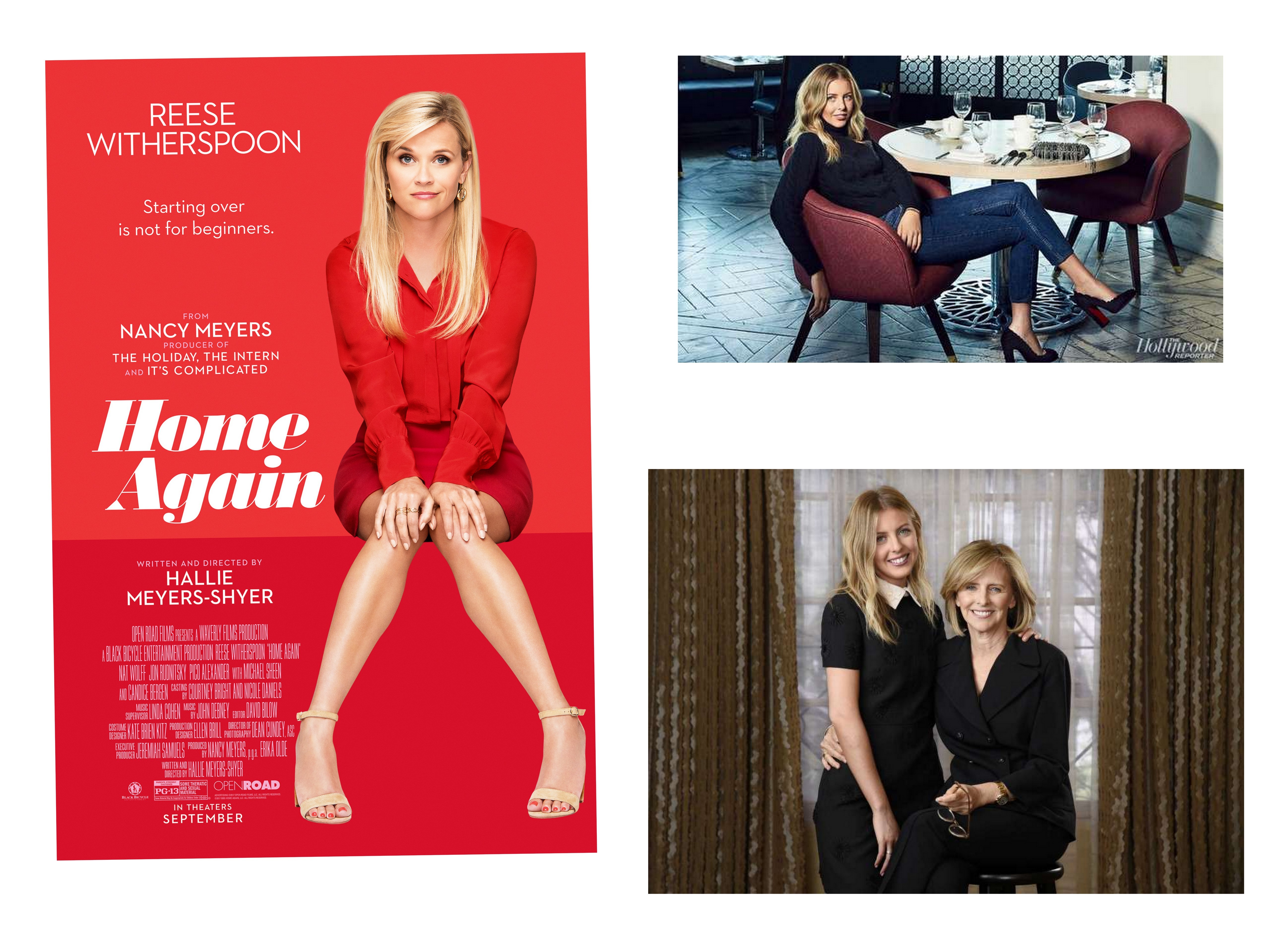 https://youtu.be/y-oFOgFB2uM
https://youtu.be/y-oFOgFB2uM